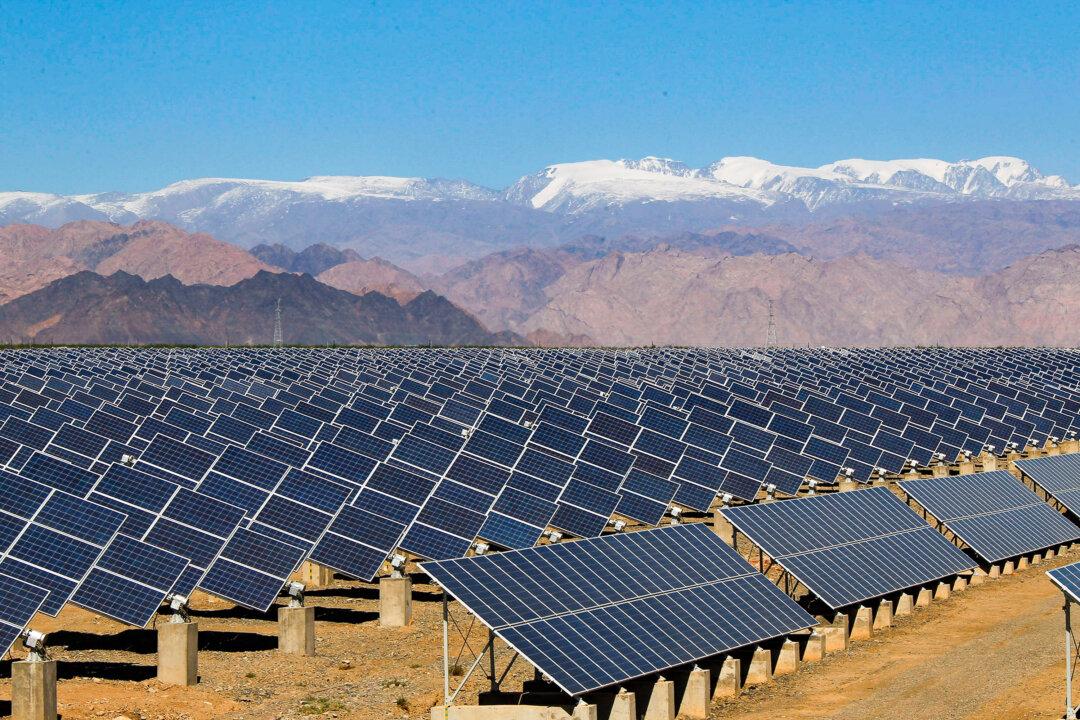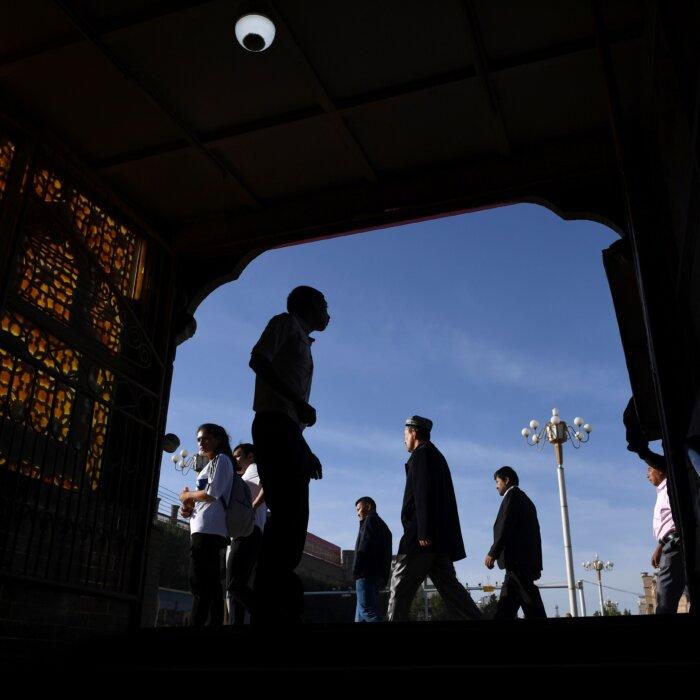The UK is becoming a “dumping ground” for goods that may be tainted with Uyghur slave labour because of looser import rules compared to other economies, MPs were told on Tuesday.
According to Chloe Cranston, head of the thematic advocacy programme at charity Anti-Slavery International, the UK’s Modern Slavery Act is “entirely insufficient to address Uyghur forced labour” or “any forms of forced labour around the world.”
“What the modern slavery act is, is a reporting obligation. So a company can simply hire a lawyer to write a compliance statement,” and they will “be in compliance,” she said.
In contrast, under the U.S. Uyghur Forced Labor Prevention Act (UFLPA), which was enacted at the end of 2021, all goods whole or partly from China’s Xinjiang Province are considered to involve forced labour by default unless a company can prove otherwise.
According to Ms. Cranston, the European Union also has stronger anti-modern slavery legislation than the UK, as well as Canada and Mexico because of their trade pact with the United States. Australia and New Zealand are set to upgrade their legislation, also making it stronger than the UK’s.
The legislation gap means the UK is exposed to more risk of slave labour, particularly with the increasing difficulty of tracing products’ manufacturing footprints in China, according to the expert panel.
“The UK is set to be, and is already becoming, a dumping ground for products made with forced labour and human rights abuses,” Ms. Cranston said, pointing to reexporting and the bifurcation of supply chains.
“We know that reexporting is happening from the [United States],” she said.
If a company’s shipment is rejected by U.S. customs, “they can essentially turn it around and take it to the UK rather than proving an absence of forced labour,” she said.
‘Dumping Ground’
Yalkun Uluyol, a researcher at Sheffield Hallam University’s Forced Labour Lab, who is from the Uyghur region in China, elaborated on bifurcation.“The same company that is for solar modules ... you can trace it down to the raw materials, so they have a certain line of clean production line, and that’s compliant to the U.S. market. And another line that is not UFLPA compliant, which means there is exposure to the Uyghur region. And the production line that is UFLPA compliant goes into the U.S. market, and the rest of the modules go into the global market, including the UK. That’s why Chloe described it as a dumping ground, which I think it is.”
Questioned on whether they would help to support British businesses to connect with other countries such as Bangladesh, the experts said there’s still a need for more legislation, guidance, and transparency as Chinese manufacturers have been trying evade UFLPA by exporting to South Asian countries or build subsidiaries there.
“So in that sense, we need transparency, accountability, and also traceability,” Mr. Uluyol said.
According to the experts, it’s increasingly impossible to audit manufacturing processes in China.
Audits “in the Uyghur region, they are completely lacking credibility and impossible” because of the Chinese regime’s clampdown, Ms. Cranston said.
“I already spoke about how leading textile auditors as early as 2020 said they would no longer audits in the region. Human Rights Watch has since reported that auditor has continued to complain of extreme surveillance, including the use of facial recognition and tracking of physical and digital movements, frankly, and overall, any audit occurring in the region could not and cannot be conducted without surveillance by the Chinese government.”
She said companies reported that there has been a “significant decrease in disclosure of information from their suppliers and business partners” since Beijing introduced an anti-foreign sanctions law.
“Overall what we’re seeing is an increasing and continued impossibility and lack of credibility of any attempts to conduct due diligence in the Uyghur region and to maintain business in that region,” she said.
Earlier in the session, Mr. Uluyol told the committee a number of his immediate and extended family members, including his father, have been put in reeducation camps, and “sentenced” to long prison terms, including life imprisonment, “for nothing.”
He said some of them have been “transferred to production facilities as a condition of release.”







